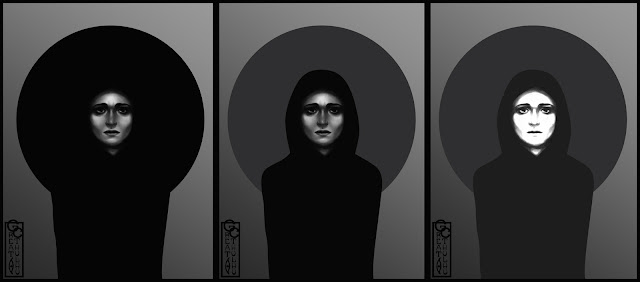Catch 22
To apply for this job, you would have to be insane; but if you are insane, you are unacceptable for the job.
A requirement that cannot be met until a prerequisite requirement is met, however, the prerequisite cannot be obtained until the original requirement is met.
"My life is one big Catch 22"
Joseph Heller coined the term in his 1961 novel Catch-22, which describes absurd bureaucratic constraints on soldiers in World War II. The term is introduced by the character Doc Daneeka, an army psychiatrist who invokes "Catch 22" to explain why any pilot requesting mental evaluation for insanity—hoping to be found not sane enough to fly and thereby escape dangerous missions—demonstrates his own sanity in making the request and thus cannot be declared insane
Catch 22
A requirement that cannot be met until a prerequisite requirement is met, however, the prerequisite cannot be obtained until the original requirement is met.
"My life is one big Catch 22"
Joseph Heller coined the term in his 1961 novel Catch-22, which describes absurd bureaucratic constraints on soldiers in World War II. The term is introduced by the character Doc Daneeka, an army psychiatrist who invokes "Catch 22" to explain why any pilot requesting mental evaluation for insanity—hoping to be found not sane enough to fly and thereby escape dangerous missions—demonstrates his own sanity in making the request and thus cannot be declared insane
"You're wasting your time," Doc Daneeka was forced to tell him. "Can't you ground someone's who's crazy?"
"Oh sure, I have to. There's a rule saying I have to ground anyone who's crazy."
"Then why don't you ground me. Ask Clevinger."
"Clevinger? Where is Clevinger? You find Clevinger and I'll ask him."
"Then ask any of the others. They'll tell you how crazy I am."
"They're crazy."
"Then why don't you ground them?"
"Why don't they ask me to ground them?"
"Because they're crazy, that's why."
"Of course they're crazy," Doc Daneeka replied. "I just told you they're crazy didn't I? And you can't let crazy people decide whether you're crazy or not can you?"
Yossarian looked at him soberly and tried another approach. "Is Orr crazy?" "He sure is," Doc Daneeka said.
"Can you ground him?"
"I sure can but first he has to ask me to. That's part of the rule."
"Then why doesn't he ask you to?"
"Because he's crazy," Doc Daneeka said. "He has to be crazy to keep flying combat missions after all the close calls he's had. Sure I can ground Orr. But first he has to ask me to."
"That's all he has to do to be grounded?"
"That's all. Let him ask me."
"And then you can ground him?" Yossarian asked.
"No, then I can't ground him."
"You mean there's a catch?"
"Sure there is a catch," Doc Daneeka replied. "Catch-22. Anyone who wants to get out of combat duty isn't really crazy."
There was only one catch and that was Catch-22, that specified that a concern for one's own safety in the face of dangers that were real and immediate was the process of a rational mind. Orr was crazy and could be grounded. All he had to do was ask; and as soon as he did, he would no longer be crazy and would have to fly more missions. Orr would be crazy to fly more missions and sane if he didn't, but if he was sane, he had to fly them. Yossarian was moved very deeply by the absolute simplicity of the clause of Catch-22 and let out a respectful whistle.
"That's some catch, that Catch-22," he observed.
"It's the best there is," Doc Daneeka replied.






Comments
Post a Comment